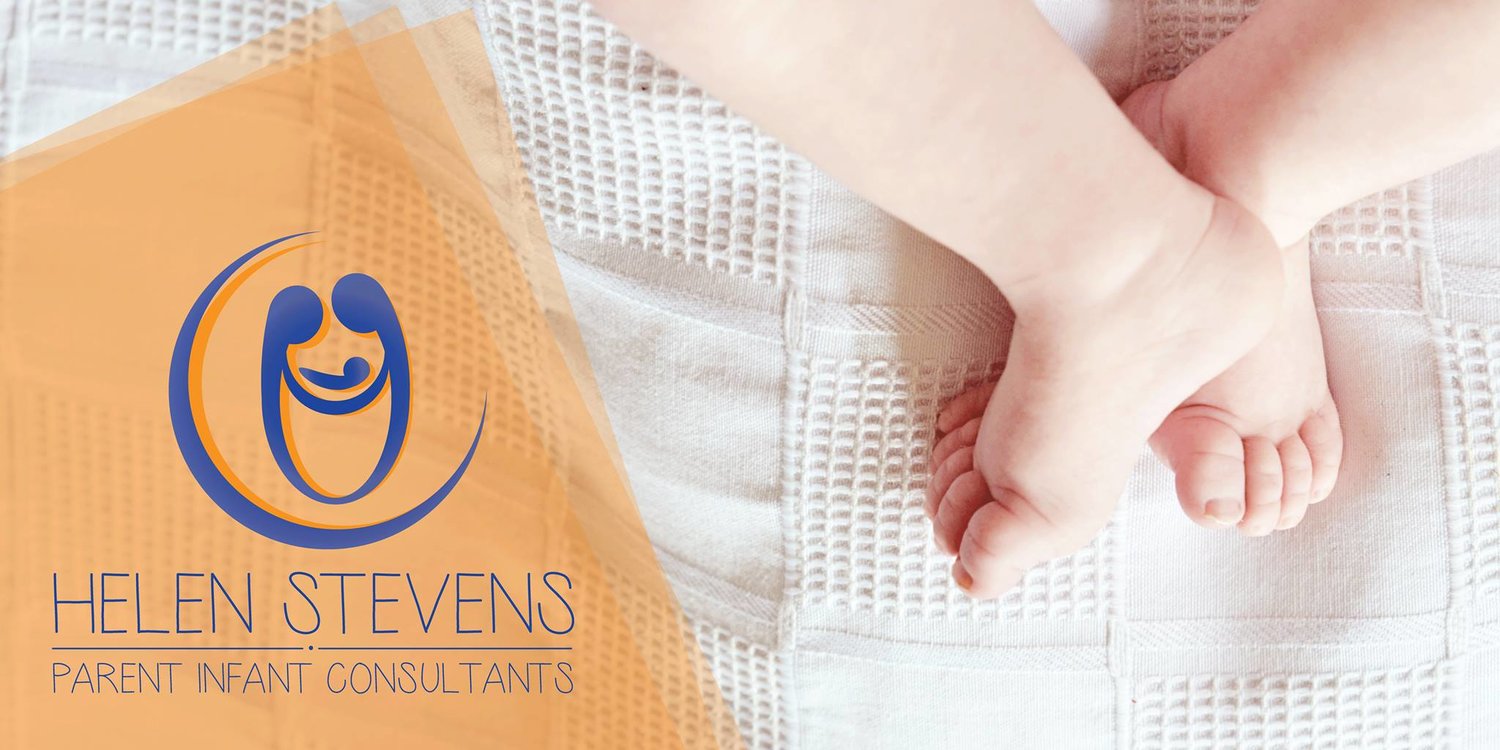Despite the grunting, groaning, straining, grimacing and pushing a baby does, it is important to see what the poo looks like when it comes out before worrying about constipation. Doing a poo can be a big effort for a baby. The sensations of preparing a poo can be very strange for a baby – they may look like they’re struggling or in pain.
When they eventually poo, it’s often soft and sometimes runny – these babies are not constipated. Don’t be fooled by the apparent ‘effort’. Be guided by the consistency of your baby's poo itself.
Dry or pebbly looking poo is a constipated poo and you need to be watchful that it doesn’t become a problem. These dry poos can happen often or infrequently, but if they are dry, it means there is potential, or actual, constipation. Often constipation is associated with smelly wind and crying when the poo is coming out.
Treatment and remedies
What you do depends on the severity of the constipation and the age of the child.
Start by chatting with your nurse or doctor because some over-the-counter medication from chemists may not be the right option. Medical assessment is best, to be sure you are on the right treatment plan.
Treatment may be as simple as offering a little extra water (10-15 ml) after a feed, once or twice a day. Don’t mix the water in with the formula – just offer it after the milk feed.
Relieving baby constipation
Small babies might benefit from gentle abdominal massage:
- clockwise direction
- use the pads of your fingers rather than the tips
- not a deep massage, just gentle and soft.
You can also try lying you baby on his or her back with the nappy off and ‘cycle’ the legs like bike riding. Bend one leg at a time up towards the tummy in an alternating pattern. This can also help your baby to poo out a firm poo.
If these little things don’t help, please talk with a professional before trying some of the older remedies that are now considered to be not so healthy for your baby.
Also, always check you are using the correct number of scoops when making formula, because variations from the recommended water to scoop ratio can cause stress on a baby’s kidneys as well as cause constipation.
Constipation when starting solids
When solids are introduced, your baby may become constipated by some of the foods. Just be watchful and offer extra drinks of water after each 'meal' and some high fibre foods such as:
- pears
- prunes
- apricots
- most vegetables.
Individuals differ so the best way to know what works best for your baby is to trial a range of fruit and veggies and watch to see if it helps.
How we can help
If you'd like to chat more about the stresses of parenting and family life, or if you have a particular issue like baby sleep or daily routines, book a consultation with Helen and talk it through. Find out more >>

